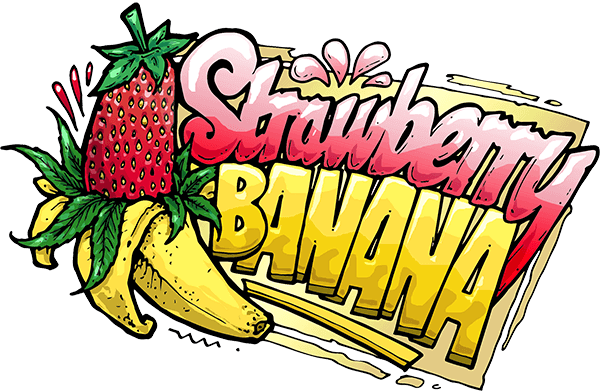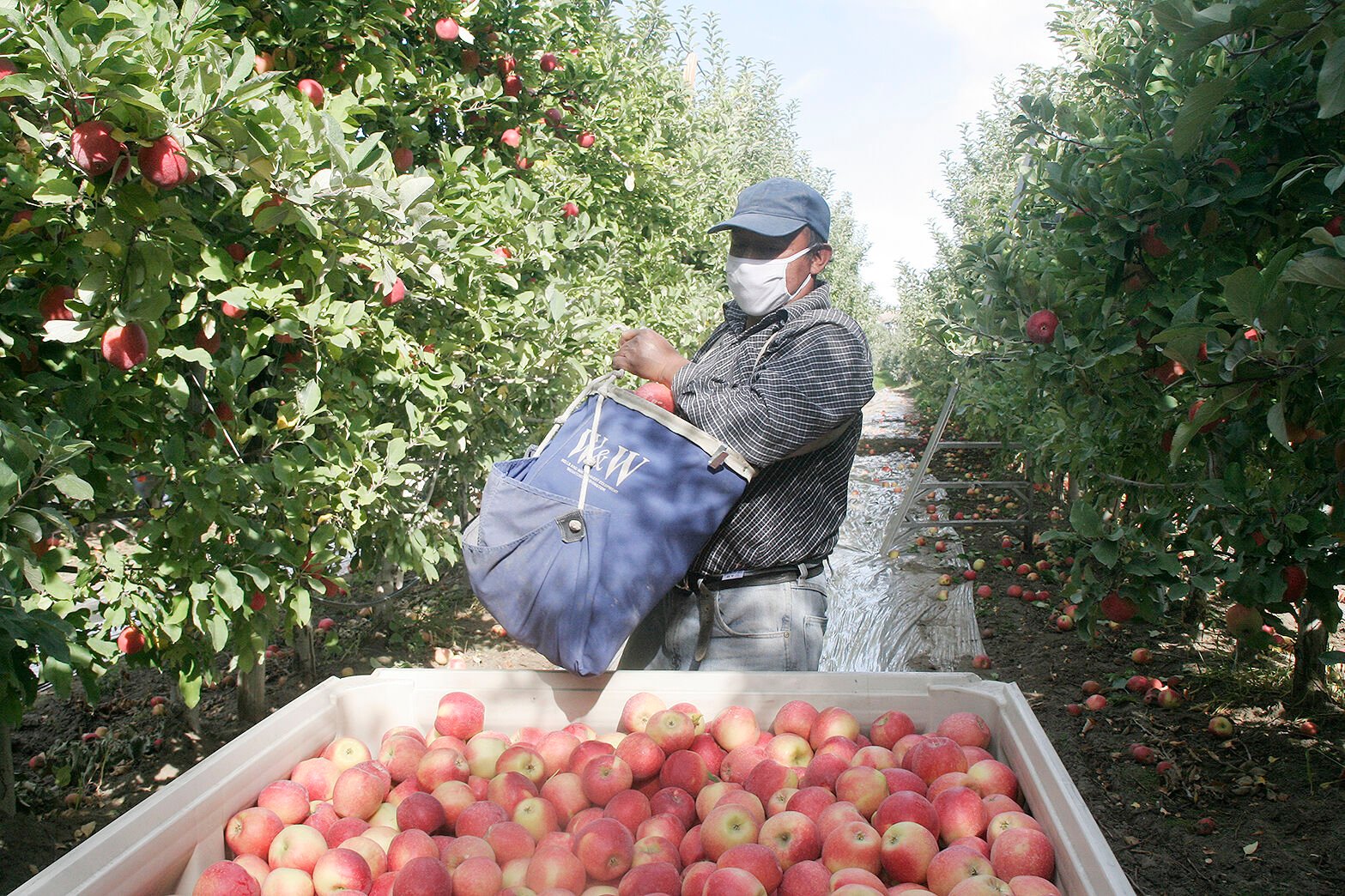

Moreover, recognizing the precious genetic heritage in heirloom seeds, he offered numerous vintage varieties, whose seed, unlike hybrids, does not break down after one generation. It was clear that there wasn't any company doing a good job of focusing on that," Johnston says.īefore the word "ecology" became a household word, Johnston believed that the best vegetable seed grows from plants nurtured on organically enriched soil, unexposed to pesticides and herbicides. "I was interested in doing a better job with short-growing-season areas. "What appealed to me about this place was the soil, a beautiful sandy loam," he says, "I knew it was good growing soil right from the start, because when I saw the fields for the first time in June, the hay was shoulder high."įrom the start, the company put down unconventional roots. In 1975, he relocated the company on its present site - a former dairy farm in Albion, a small town in Central Maine, population 1500. In the fall of 1974, his small company moved temporarily to Dixmont, Maine, to use farmland offered by friends. He first named his small company, however, after the legendary seedsman, Johnny Appleseed (John Chapman). All this experience was later to evolve into Johnny's Selected Seeds. Walton Galinat and Professor Elwin Meader galvanized Johnston toward developing his own plant breeding programs. Subsequent work in 19 with seed breeders Dr. "I was discovering a lot about seeds," he says, "and I enjoyed working with the land so much that the combination suddenly seemed the perfect vocation." Soon other regional growers heard about Johnston and began to contact him for hard-to-find varieties. He found the details of his correspondence to Japan and its varieties so fascinating, it led to a private research project.

"We had to go to Japan to get the seed, because no one was offering it," he says. In order to grow it, Johnston first had to find the seeds.

A Japanese distributor in New York City wanted specialty produce. Some of their more successful crops were Oriental vegetables. The truck farm also introduced him to the frustrating world of hard-to-find vegetable varieties. It was here that he got his first experience with large-scale farming and with the seed business. The group raised 15 acres of vegetables sold through a co-op to Boston and New York markets. Perhaps a seed memory planted by his grandfather got his interests moving toward agriculture, because after two years at UMass, he dropped out to work, first at a natural food store in Providence, and then in 1972 on a communal truck farm in southern New Hampshire. But in 1969, with homesteading and small-scale farming attracting a wide number of students, Johnston got involved in helping to start the Yellow Sun Food Cooperative in Amherst, a successful counterculture venture, including a small vegetable market garden. Johnston first majored in math and chemistry at the University of Massachusetts, Amherst. But his early years were spent growing up in the suburbs where athletics, more than anything to do with the soil, was an early preoccupation. "He liked to take me out to the fields on summer nights to listen to the corn grow," Johnston says.

Born in Pennsylvania, he got his first introduction to farming from his grandfather. It put down its first roots in relative obscurity in spring 1973, when founder Rob Johnston, Jr, at age 22, and with $500 in savings, started the fledgling seed company in a New Hampshire farmhouse attic, moving in the fall to his parents' home in Acton, Massachusetts.įarming and seed raising were not new to Johnston. Like anything grown from seed, the company known as Johnny's Selected Seeds had the smallest of beginnings.


 0 kommentar(er)
0 kommentar(er)
